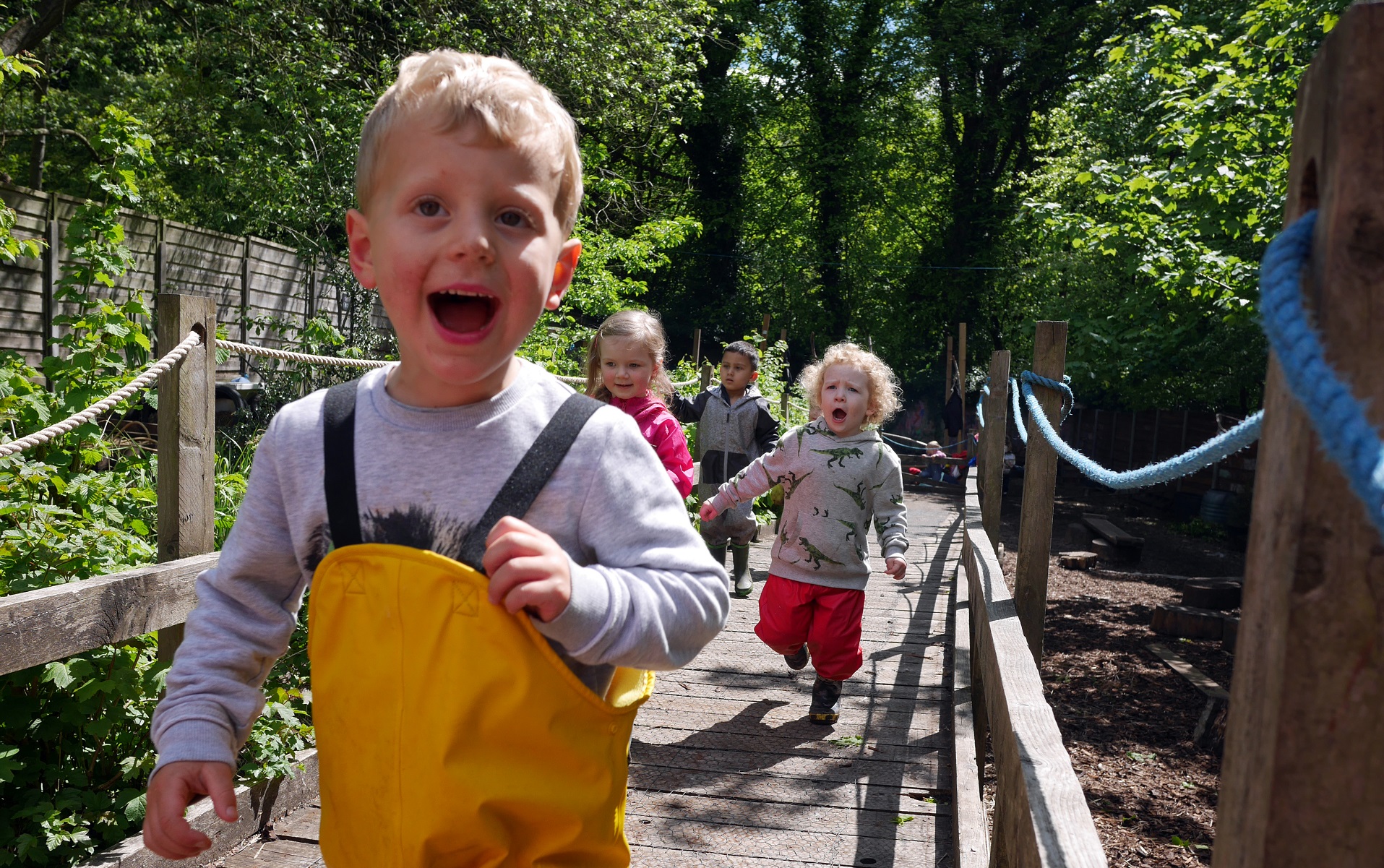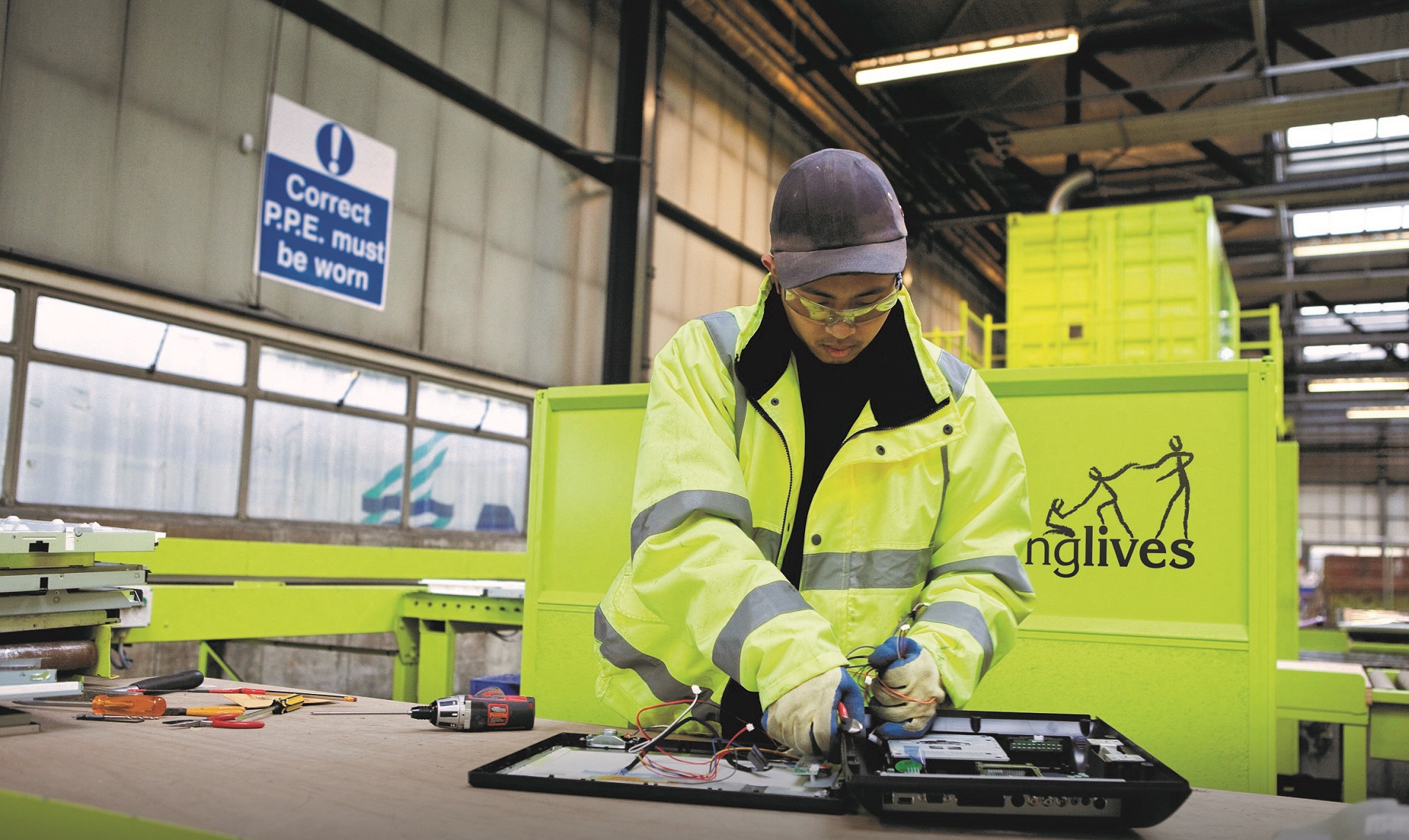
Case studies
Turning a cafe into a supermarket – Social adVentures
If you were asked to picture our health system you’d probably think of hospitals, GP practices, ambulances and care homes. What you probably wouldn’t think about are gyms, childcare, woodland adventures and supermarkets. In Salford, Greater Manchester, one social enterprise is radically changing how a community can address health inequalities through redefining what is possible when it comes to the delivery of care. It is doing this through genuinely placing communities at the heart of their work, thinking outside the box, setting up businesses to create a sustainable source of income and genuine employee ownership. Getting closer to the issues Social adVentures was set up in 2011, part of a wave of organisations which ‘spun-out’ of the public sector following the Government’s Right to Request programme which encouraged the creation of public sector mutuals. Founder Scott Darraugh and the rest of the team believed that moving out of formal NHS structure would allow them to be more innovative and closer to the issues faced by the people they are set up to support. Since taking these first steps they’ve not looked back. Social adVentures is a social enterprise embedded in the local community being co-owned by staff and local people. This has allowed for the co-design and co-production of services, allowing service users to have a voice in decision making and giving staff more autonomy to make decisions and come up with their own solutions. Its core mission is to enable people to live healthy lives and it started off as part of NHS Salford in the public health unit running community programmes including learning disabilities and mental health services. Since setting up as an independent social enterprise they’ve expanded on this to win a series of contracts including a partnership delivering social prescribing services in Salford. This involves working closely with partners in the public sector and the VCSE community to sign-post individuals to the most relevant services with an emphasis on preventative care. Funding services through setting up social enterprises “anybody that comes through that front door of this place is made welcome, dealt with in a sympathetic manner, made to feel human again” – Garden Needs participant Alongside public health and social care contracts Social adVentures runs a series of social enterprises, the surpluses from which not only fund services but which are themselves a vital part of increasing community health and wellbeing. These include day nurseries, a community garden, a community gym, forest school training and a social supermarket based at the organisation’s HQ, the Angel Centre – a complex which runs a series of programmes, classes and events from work placements, counselling and coaching to services around quitting smoking and drinking. Every individual business is dedicated to making a difference to help enable people to live healthy lives. An example is Garden Needs, a mental health contract delivered by Social adVentures from their community garden which provides around 2028 hours of support to adults with mental health conditions every year – bringing people together, building confidence and helping people manage their own mental health. The delivery of early years care fits into the social enterprises’ ethos of looking at the causes of ill health and coming up with solutions to deal with them. Joining the dots between the prohibitive costs of childcare, unemployment and mental health – the nurseries offer free childcare for those who need it and also provide opportunities for work though Social adVentures apprenticeship programme. Currently the social enterprise runs four childcare settings under the brand Kids adVentures. They also run forest schools, allowing children to build a connection with nature and improve their physical and mental wellbeing. Transforming a café into a supermarket “It has been fantastic to be given the opportunity to grow the Food Collective from scratch and to implement my own ideas. There’s no barrier to making changes that you think will work in your area of the business and that means you feel trusted and valued - Dale Finney Retail Assistant at the Food Collective A major part of their work tackling health inequalities revolves around the addressing food poverty and during the pandemic the Social adVentures team created a food club with the support of food poverty charity, Fareshare, working with their school to provide food parcels to vulnerable people in their community and those who were shielding. Prior to the pandemic, one of Social adVentures most popular ventures was a community café run out of the Angel Centre but this had to close when the country went into lockdown. Staff decided that this space could be transformed into a social supermarket to act as a permanent hub to provide affordable, fresh food for the local community and to support the food club. Social adVentures shows how a social enterprises embedded in its communitycan work across sectors to link up care and join up the dots when it comes to recognising and dealing with cause of ill health. What’s more they are showing how the freedom that comes with being an independent social enterprise can allow both staff and members of the community to come up with genuinely innovative ideas, such as turning a café into a supermarket. Through setting up social enterprises under the Social adVentures umbrella such as the nurseries, community garden and a gym, they have created a degree of financial stability rare in the public sector. Remarkably nearly half of all the money coming into the business is through trading income. socialadventures.org.uk
4 min







